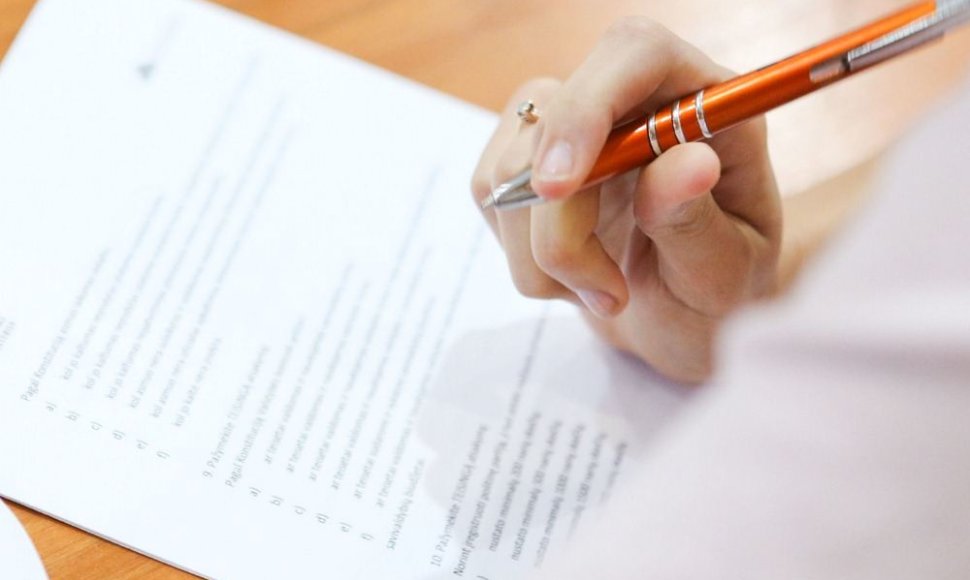Program of the new government includes the objective of moving the state examination of the Lithuanian language to graduates of national minority schools to a later date.
"We must respect the Lithuanian language. This year should probably be named the year of Lithuanian studies. Poles are doing rather well in Lithuanian-language exams, strangely enough, even better than Lithuanians in some areas. Therefore, we have no plans of giving up the examination," Pavalkis told journalists on Monday.
Nevertheless, the minister said discussions about evaluation criteria continued.
Marking guidelines for the unified Lithuanian-language exam were approved in November, with recommendations to be more indulgent to graduates for whom the Lithuanian language is not their mother tongue.
Pavalkis pledged to discuss all matters relevant to national minorities with Edita Tamošiūnaitė, candidate of the Electoral Action of Poles for education vice-minister.
In spring 2011, the Lithuanian parliament adopted a new wording of the Education Law, which, among other things, stipulates a new scheme for teaching of Lithuanian in non-Lithuanian-language schools, more classes in the Lithuanian language, and unification of the Lithuanian-language graduation examination, starting in 2013.
The law drew negative reactions from some national minorities.
Lithuania's government has said that the scheme was among the most moderate in Europe, emphasizing that all countries, including Poland, had similar provisions in connection to unified examination and teaching in the official language.












